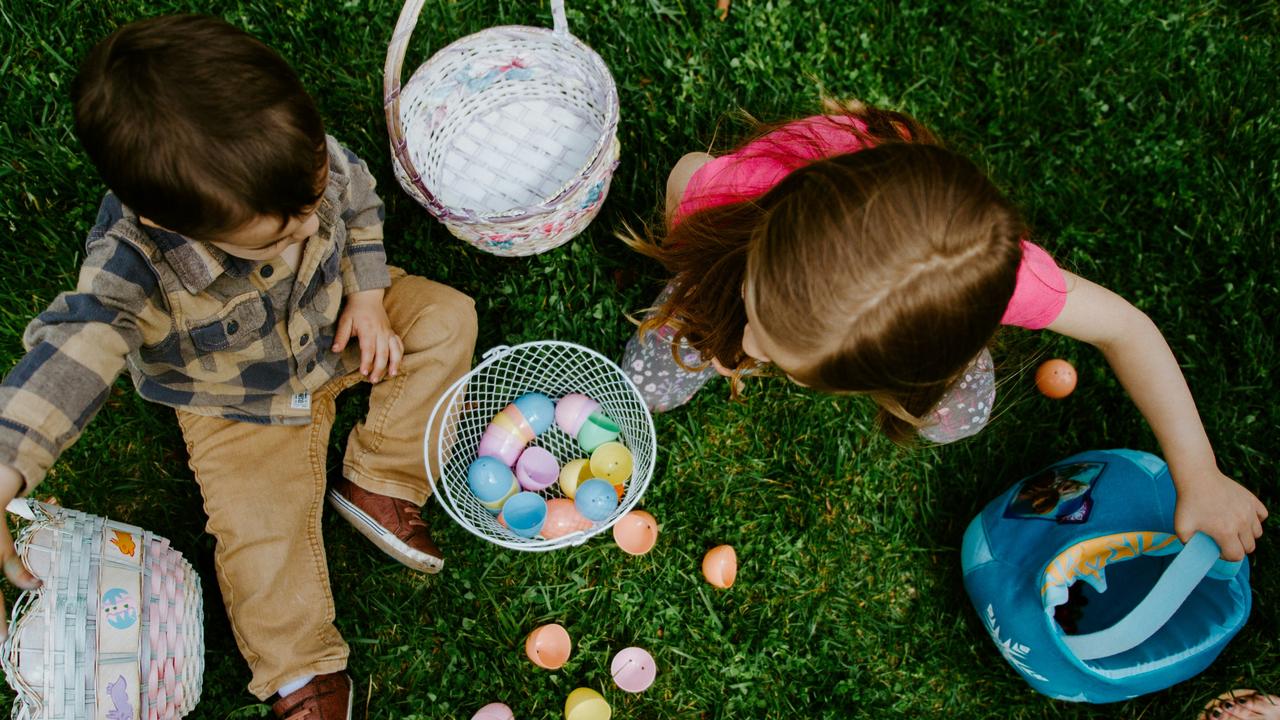Superkids: How to raise independent children
WHAT’S the most loving thing you can do for your child’s development at school? Learn to let go, say the experts.
THE first few years of school can be quite daunting for both you and your child.
You want to give them the best start, so you’ve decided to make school as painless as possible by getting involved in every aspect of the experience, from homework to playground dramas. The only problem is, this style of parenting encourages dependence, doesn’t help your child build confidence and can lead to greater anxiety later on in life, no matter how good your intentions.
“The quickest way to develop resilience and self-esteem in your kids is to give them the opportunity and skills to do things themselves,” Michael Grose, parenting expert and author of Spoonfed Generation (Penguin Random House), says.
“In many ways, good parenting is associated with making sure our kids get all the good things in life, and making sure they don’t struggle. While that’s a feel-good notion, it’s not doing our kids any favours.”

Many studies over the past few years have shown how over-involved parenting affects children. A 2014 study of 482 US college students by California State University found that those with intrusive and controlling parents were less able to deal with criticism constructively and had poorer problem-solving skills.
Similar studies have shown that children of over-involved parents are more likely to be medicated for depression and anxiety, and lack the resilience to deal with emotional setbacks.
Grose says good parenting should instead be about relinquishing control and handing independence over to your child, bit by bit.
“We’ve got to give children emotional support to do that — they need to know someone’s behind them — and teach them by giving them ideas,” he explains.
Ready to try transferring control? Here are some common school situations and ways you can help foster independence.
SCENARIO 1
YOUR child is having trouble with homework, so you do it for them.
Do this instead: Leave it to the teacher.
“Homework is a contract between a child and a teacher,” Grose says.
“So it should be the teacher who makes sure that it’s done.”
Not you. Your role as a parent is to support your child by helping them work out the best place and time to do their homework (for example, in the kitchen, when they’re home from school) and talking through their assignments if they’ve asked for help.

It’s not your responsibility to do their homework for them or argue with them until it’s done. Grose says children need to learn the consequences of their actions.
“The teachers should be the ones who say, ‘Well, you didn’t do your homework so come in at lunchtime’ or whatever the [consequence] might be,” he adds. If the workload is too large, chat to their teacher so they can be the ones who address the problem and offer solutions.
SCENARIO 2
YOUR child forgets to take their books to school and blames you as soon as they get home.
Do this instead: Hand responsibility over to them.
“It’s a fine line between helping [them] and taking responsibility,” Grose says.
“As parents, we need to not just develop a sense of independence and self-help skills in kids, but gradually give over little responsibilities [to them].”
In this situation, Grose recommends doing something as simple as reminding your child to pack their school things away the night before so they learn to rely on themselves. Granted, it’s much easier and faster to do it yourself, especially in the mornings when everyone is running late, but as Grose explains, “When you’re always controlling things and calling the shots for them, you’re taking opportunities away from your kids.”

SCENARIO 3
YOUR child says they’re being picked on at school and you immediately step in for them.
Do this instead: Help them see the full picture.
“Conflict is quite normal and natural with children,” Grose says.
“They’re trying to work out their pecking order; they’re wearing L-plates when it comes to making friends and relating to each other, so they’re faulty observers and don’t see the total picture.”
Rather than trying to rescue your child from the situation, your job is to help paint the full picture for them.
“Sometimes a child will come home and say, ‘Johnny hurt me’ or, ‘The teacher ignored me today’. As a parent, you have to ask, ‘What did you say to Johnny?’, or, ‘Was the teacher busy at the time?’,” Grose says.
“Listen to your kids and create opportunities for them to talk to you, but don’t always feel you have to fix things.” Sometimes it’s enough to just listen and offer suggestions on how they can deal with a similar situation in the future.
Originally published as Superkids: How to raise independent children



